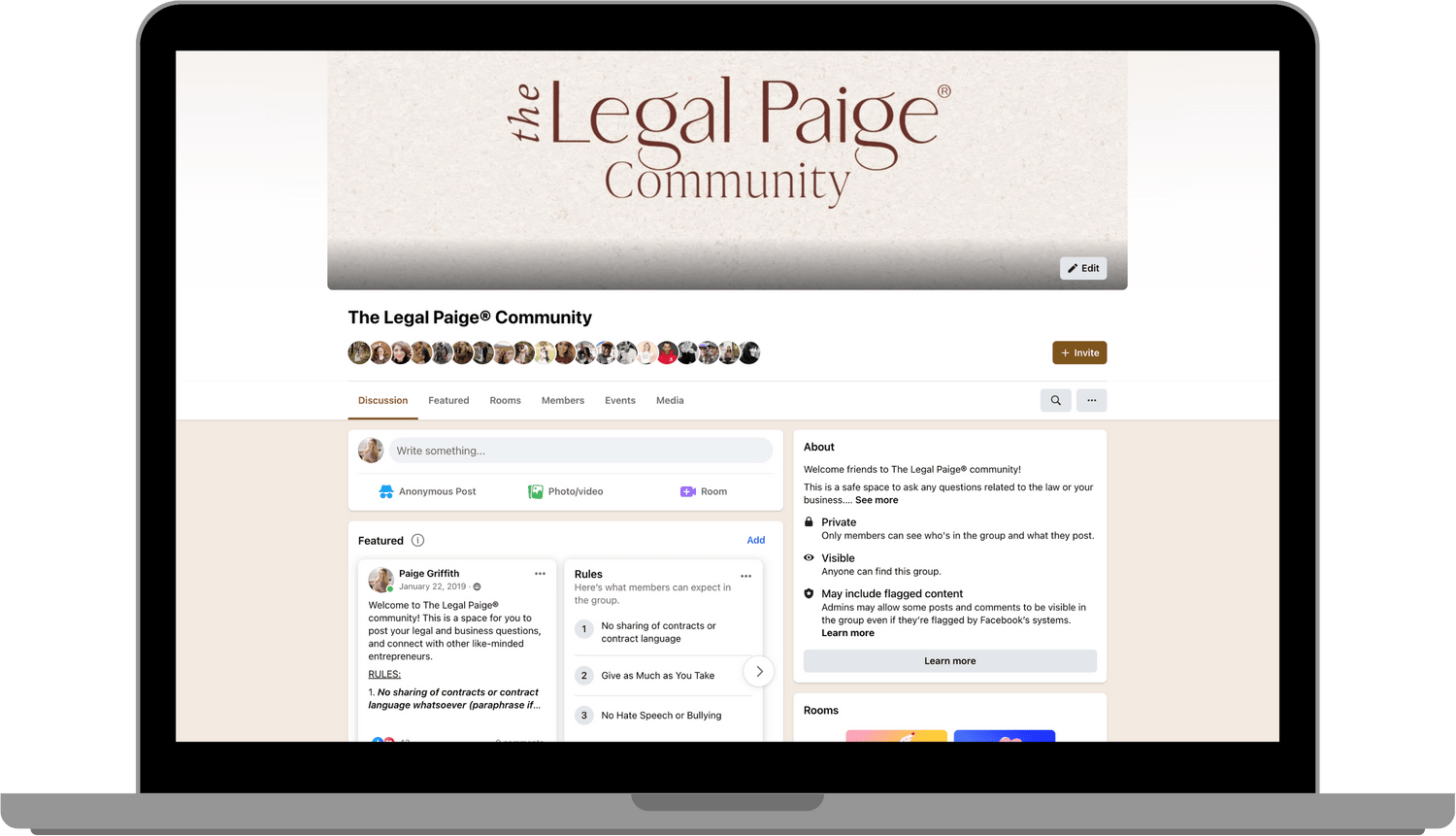
Things To Remember When Your Business Serves Alcohol
There are many things that go into the makings of a small business like licenses, permits, or inspections. If you are starting a business that serves alcohol, you will need to take even more steps before actually serving the public.
Unfortunately, the legal age for drinking alcohol is not the only rule you have to worry about; every state has different laws and restrictions on serving alcohol. In order to avoid fines you will need to follow local and state standards when opening your business.
Here are a few things that you should know before opening to the public!
1. Liquor license
The step that can make or break your business venture is trying to start your business before actually having the correct liquor license. Depending on your state, it can be very difficult and time consuming to obtain a liquor license, with some states taking up to 12 months to process them. Additionally, if you are a new establishment and entity approval time to get the license is usually longer. Delays can also sometimes be attributed to states having restrictions on how many licenses they issue. Receiving a liquor license may be essential to your establishment, especially if you are a bar or a restaurant, so to avoid any delay make sure you apply for the license as early as possible. Additionally, check in with the state on the progress of your license. Sometimes It is better to be in the know regarding your status than waiting blindly.
Despite your best efforts sometimes timing still does not work out and you are left with no other option than to just open. That's ok, you have options. One of the options is to try to apply for a beer and wine license only. Sometimes these licenses get approved quicker than a beer, wine, and spirits license. Or if you are a brewery or bar applying for extra licenses like being able to sell kegs, it may be easier to first get your basic license then after you open apply for these extra licenses. However, this varies state to state so be sure you are working with your local government on the best way to move forward.
- Tidbit: There are some instances where you can share a liquor license with other companies if you are all within the same premises. For example, have you ever wondered how there are 4 restaurants in a hotel and they all have liquor licenses in a matter of months? Well, that is because the hotel owns the liquor license and is able to share it with the residing restaurants. This is a great option if you need a new location and a liquor license. Just remember, any slip up from one of the restaurants abusing the license can result in the entire license being revoked. Therefore, make sure you trust your neighbors before taking this route.
2. Times alcohol can be served
Many of us have seen in movies that “2 a.m.” is closing time for bars, but that is not the case for every state. Some states have specific rules set on when alcohol can start and stop being served. For example, many states require businesses to stop selling alcohol at 12:00 a.m., and can only start serving at 11:00 a.m. However, this may change for hours on weekends. It is all state-contingent and should be checked before you set store hours!
3. Where alcohol can be served
Another thing to consider is where the alcohol can be sold. You must be prepared for all sorts of scenarios by asking these kinds of questions: Do you need a permit for patio seating? Are customers allowed to leave with your drinks? Does there need to be family seating options?
Interestingly enough there are still parts of the country that are considered “dry”, meaning that no alcohol is allowed to be sold. For instance, one of the biggest distilleries in the world, Jack Daniels, is located in a dry county in Tennessee. Because they are considered a tasting facility and are not selling alcohol to drink on the premise they are allowed to operate. However, there are no restaurants or bars in that county that serve alcohol. In contrast, there are counties in the country where you are allowed to walk around the town with your drinks. A famous place that does this is New Orleans. Customers can pick up a drink at an establishment and walk right out the door with it. Although these are unique scenarios, the point is that it is important to know the rules in your county before you serve alcohol at your establishment.
4. Minors
Minors are always a tricky part of keeping a liquor license valid. Of course, we know they need to be 21 years old to drink, but let's not forget the rules outside of actual consumption. For example, minors are often required to leave the establishment by a certain time if alcohol is being served. Some states even require minors to be in the dining room accompanied by parents but the parents can still drink in there (yes, it is a very odd law). Additionally, it is imperative that servers and bartenders check identification every time someone orders alcohol. It does not matter if they are 21 or 60, the ID needs to be checked! Not abiding by the law surrounding minors and alcohol is the fastest way to get your license revoked. Look very diligently into this when making your business policies!
5. Food
One last thing to consider is whether or not you will serve food. You may not want food to be involved with your business idea BUT it may be the only way to sell alcohol. For instance, in Montana, you are not required to serve food if you serve alcohol. However, in states like Washington, you must serve food if you are selling alcohol, unless you are in a tasting room only (i.e. winery or brewery). Beyond this, states that require food usually have certain parameters on what qualifies as food, meaning you might have to serve a full meal and not just small snacks. This can have a significant financial impact on your business if you originally planned to not have food available, so look into these things before getting everything else in line.
6. Wine and Beer License
A Wine and Beer License is a great option for businesses that want to serve alcohol but are having problems getting a full liquor license that includes selling spirits. Not only does this license allow you to serve a large range of wine, beer, and malt alcoholic drinks BUT it is usually cheaper and faster to get approved. However, with this license you usually do have to serve some sort of food item on your menu and follow all of the regulations stated by the issuing state.
For Wine and Beer Licenses (and every other liquor license), you will need to state if the license will be used for on-site or off-site sales. If you are a business that has one sole location, you will need an on-site location stating that you are only selling alcohol on the premises. If you are a mobile bar or traveling caterer of some sort, you will want to have an off-site license which would allow you to sell alcohol in numerous locations. There will be slight differences if you are a mobile bar so make sure to check your state website when applying for the license.
There are many benefits to owning a business that serves alcohol. However, there are often many hoops you must jump through before you can sell alcohol at your establishment. If you remember the following you will be off to a great start: 1. Apply for you liquor license early!; 2. Closely follow local and state laws; and 3. Make sure you are following guidelines even after you receive the license. You can find more information regarding liquor licenses on your state’s website and it is a good idea to seek legal advice if you are unclear.
THIS BLOG POST IS NOT A SUBSTITUTE FOR LEGAL ADVICE. EVERY SITUATION IS DIFFERENT & IS FACT-SPECIFIC. A proper legal analysis is necessary based on your location and contract. Consult an attorney in your home state for advice regarding your contract or specific legal situation.

Join the Community
Be a part of 8000+ TLP Community Members in this safe space and get real-time answers from Paige and her legal team daily!

Leave a comment